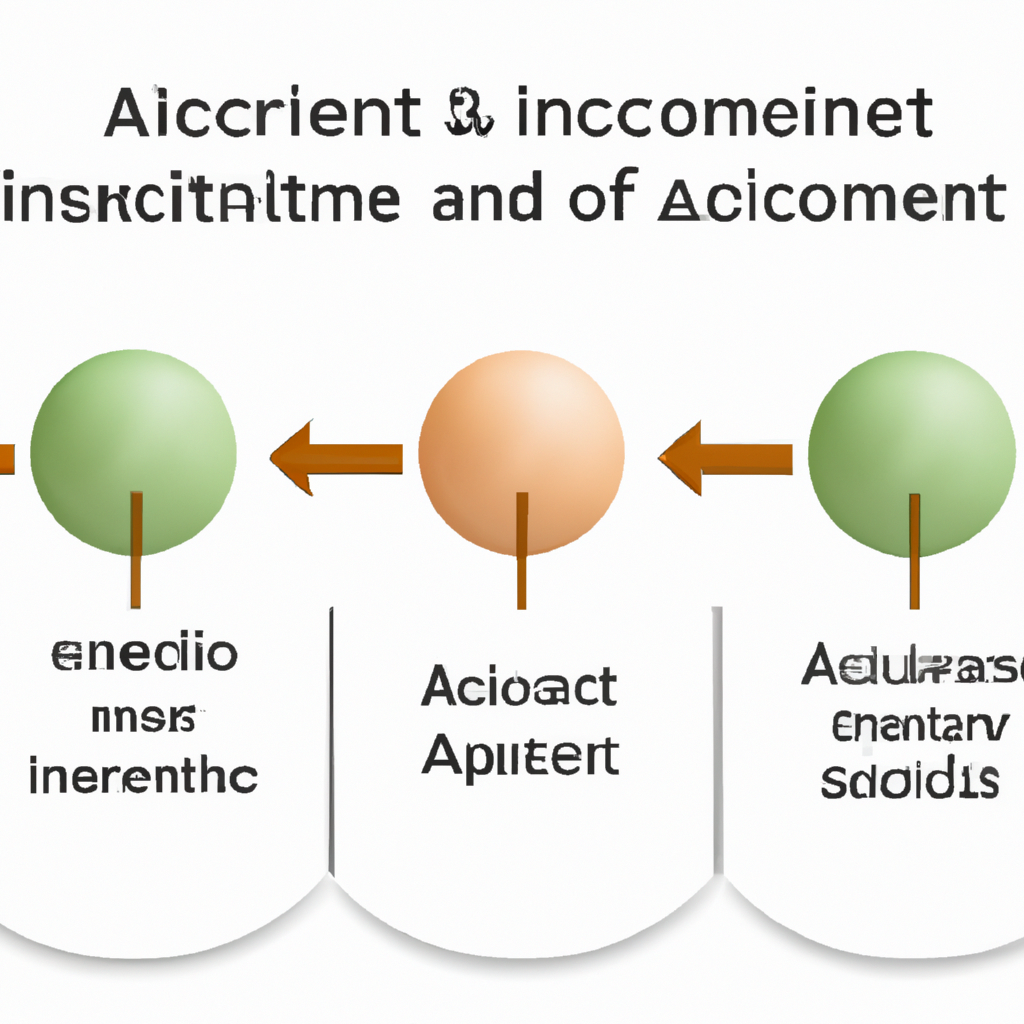Comparison of Investment Account Types
Introduction
Investing is an important part of financial planning, and there are various types of investment accounts to choose from. Each type of account has its own advantages and disadvantages, so it’s important to understand the differences between them before deciding where to invest your money.
Types of Investment Accounts
1. Individual Retirement Accounts (IRAs)
IRAs are retirement accounts that individuals can contribute to on a tax-deferred basis. There are two main types of IRAs: traditional and Roth. Traditional IRAs allow you to deduct contributions from your taxable income, while Roth IRAs offer tax-free withdrawals in retirement.
2. 401(k) Plans
401(k) plans are employer-sponsored retirement accounts that allow employees to contribute a portion of their salary on a pre-tax basis. Employers may also match a portion of the employee’s contributions, making 401(k) plans a popular choice for retirement savings.
3. Brokerage Accounts
Brokerage accounts are investment accounts that allow individuals to buy and sell stocks, bonds, and other securities. Unlike retirement accounts, there are no tax advantages to brokerage accounts, but they offer more flexibility in terms of investment options.
Factors to Consider
1. Tax Benefits
When comparing investment account types, consider the tax benefits each account offers. For example, IRAs provide tax advantages for retirement savings, while brokerage accounts do not offer any tax benefits.
2. Contribution Limits
Some investment accounts have contribution limits that may impact your ability to save for retirement or other financial goals. Be sure to understand the contribution limits of each account type before making a decision.
3. Investment Options
Consider the investment options available in each account type. If you prefer to invest in individual stocks or bonds, a brokerage account may be a better choice. If you prioritize tax advantages, an IRA or 401(k) plan may be more suitable.
Conclusion
Choosing the right investment account type is an important decision that can impact your financial future. Consider factors such as tax benefits, contribution limits, and investment options when comparing different account types to determine which one aligns best with your financial goals.


